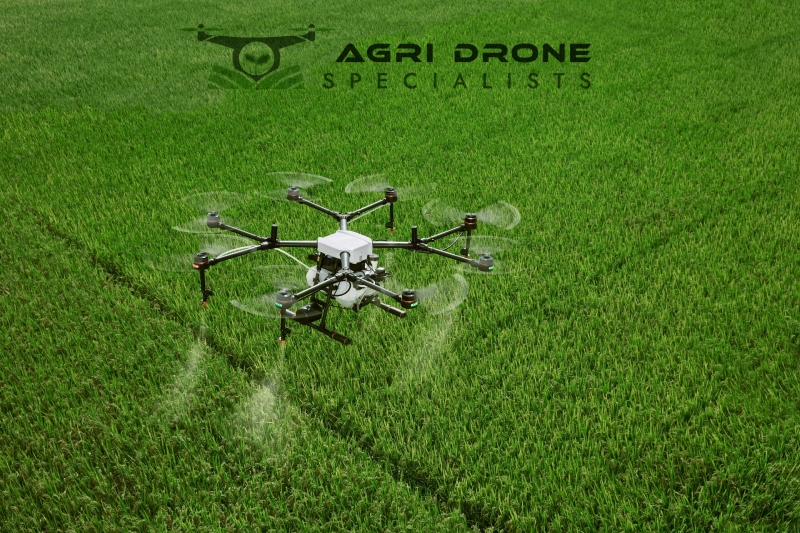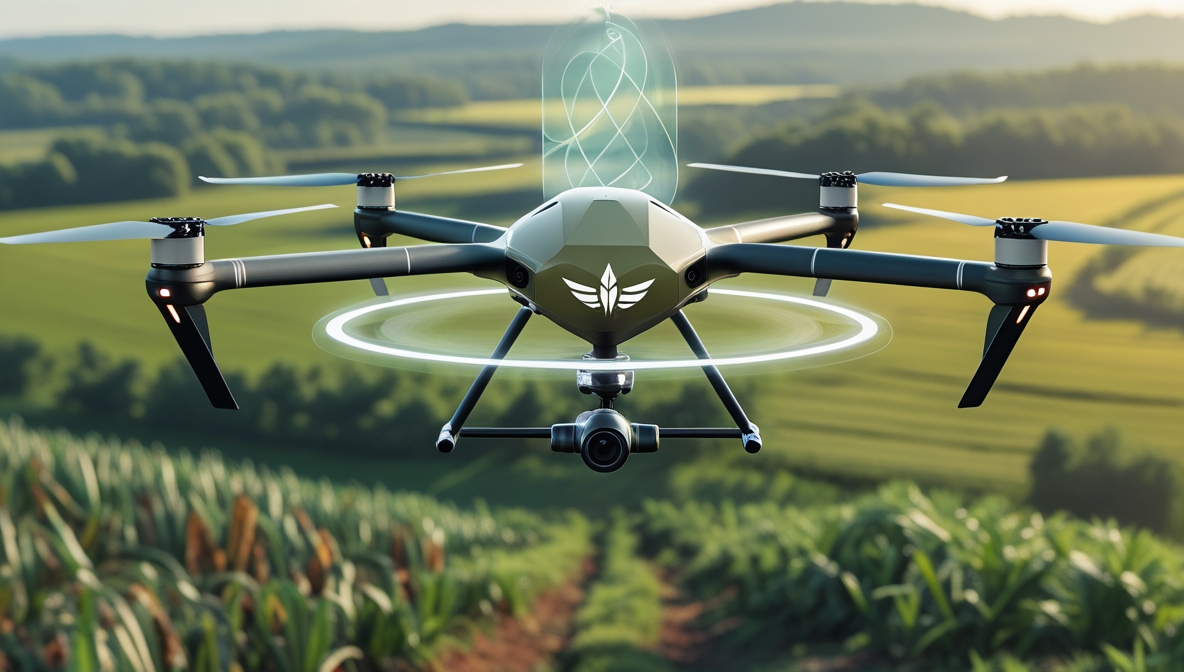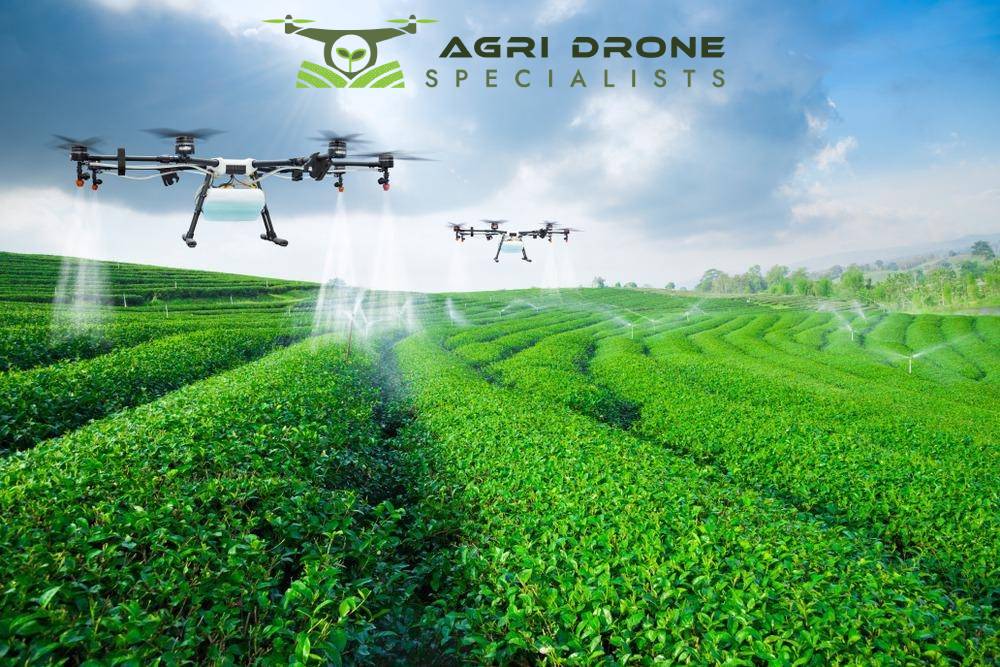Drone technology has garnered significant attention within the industry due to its versatility and is regarded as a pivotal advancement for the agricultural sector. Initially developed for military applications, unmanned aerial vehicles (UAVs) have rapidly found acceptance in various fields upon revealing their extensive range of uses.
Factors such as weather, soil conditions, and temperature are crucial in agricultural practices. Agricultural drones enable farmers to adapt to specific environmental conditions and make informed decisions accordingly. The data collected assists in monitoring crop health, managing treatments, conducting crop scouting, optimizing irrigation, and performing soil analysis and assessments of crop damage. Utilizing drone surveys can enhance crop yields while reducing both time and costs.
DRONE TECHNOLOGY
A comprehensive understanding of drone characteristics is essential for gaining insights into agricultural drones. Typically, these drones are equipped with navigation systems, GPS, various sensors, high-resolution cameras, programmable controllers, and autonomous operation tools. Presently, many farmers rely on satellite imagery as a preliminary resource for farm management. However, equipped with advanced technology, UAVs can provide more accurate data than satellites, facilitating precision agriculture. The information gathered is then processed through agri-tech software to generate valuable insights. Drone technology effectively revitalizes traditional agricultural methods, achieving this in several ways:
Irrigation Monitoring:
Drones equipped with hyperspectral, thermal, or multispectral sensors are capable of identifying areas that are excessively dry or require enhancement as indicated by the farmer. Utilizing drone surveys enhances water efficiency and reveals potential pooling or leaks within irrigation systems. Additionally, these surveys facilitate the assessment of crop health and the measurement of emitted heat and energy.
Monitoring and Surveillance of Crop Health
It is essential to monitor the condition of vegetation and detect bacterial or fungal infestations at their onset. Agricultural drones can analyze the varying levels of green light reflected by different plants. This information is instrumental in generating multispectral images that aid in assessing crop health. Prompt monitoring and identification of any anomalies can contribute to the preservation of crops. In the event of crop failure, farmers can also document the extent of the damage for precise insurance claims.
Crop Damage Assessment
Agricultural drones fitted with multispectral sensors. The system is capable of identifying areas within fields that are affected by weeds, diseases, and pests. Utilizing this information enables precise assessment of the necessary chemical applications to combat these infestations, ultimately reducing the financial burden on farmers.
Field Soil Analysis
The drone survey provides farmers with valuable insights into the soil conditions of their land. Equipped with multispectral sensors, it generates unique data that informs seed planting strategies. This information is beneficial for managing irrigation and nitrogen levels. Advanced photogrammetry and 3D mapping techniques allow for a comprehensive analysis of soil conditions.
Planting
Innovative drone-planting systems developed by our startups in Nelson facilitate the delivery of pods, seeds, and essential nutrients directly into the soil. This technology not only lowers production costs but also enhances consistency and operational efficiency.
Agricultural spraying
The use of drone technology for crop spraying significantly reduces human exposure to hazardous chemicals. Agricultural drones are capable of performing this operation at a much faster rate than traditional vehicles or aircraft. Equipped with multispectral sensors, these drones can accurately identify and address areas requiring attention. Experts indicate that aerial spraying via drones is five times more efficient than alternative methods.
 Livestock tracking
Livestock tracking
In addition to crop management, drone surveys enable farmers to monitor their livestock effectively. The implementation of thermal sensor technology aids in locating lost animals and identifying injuries or illnesses. Drones can carry out this function favourably. It will add comprehensively to the production of vegetation.
Agricultural drone technology is poised to revolutionize the farming and land ownership sectors. It has the potential to enhance conventional agricultural practices in numerous ways. While this technology may initially appear complex to master, its benefits will become apparent swiftly once it is understood. Partnering with third-party experts like we do at Agri Drone Specialists in Nelson ensures a bigger and better picture in the coming years.




